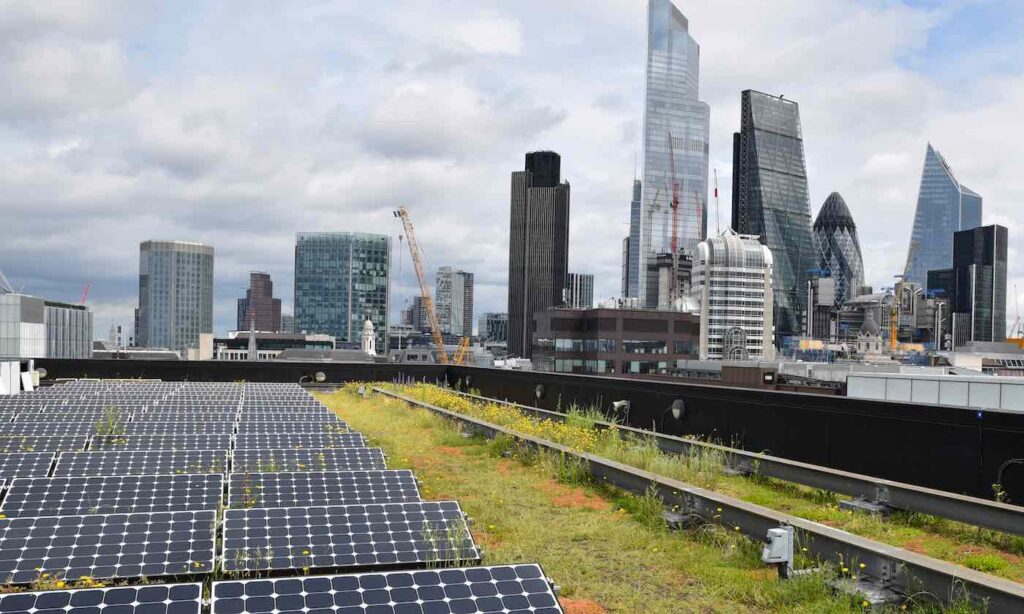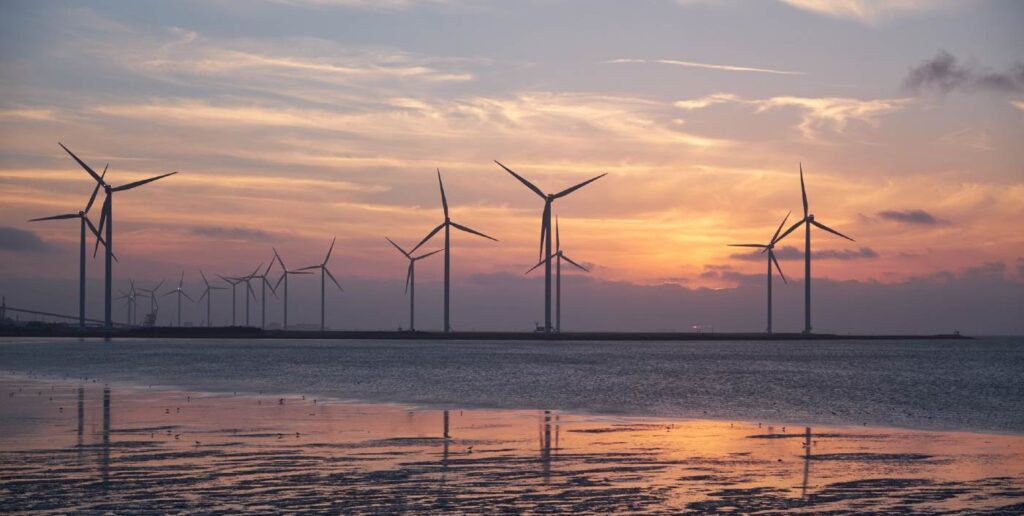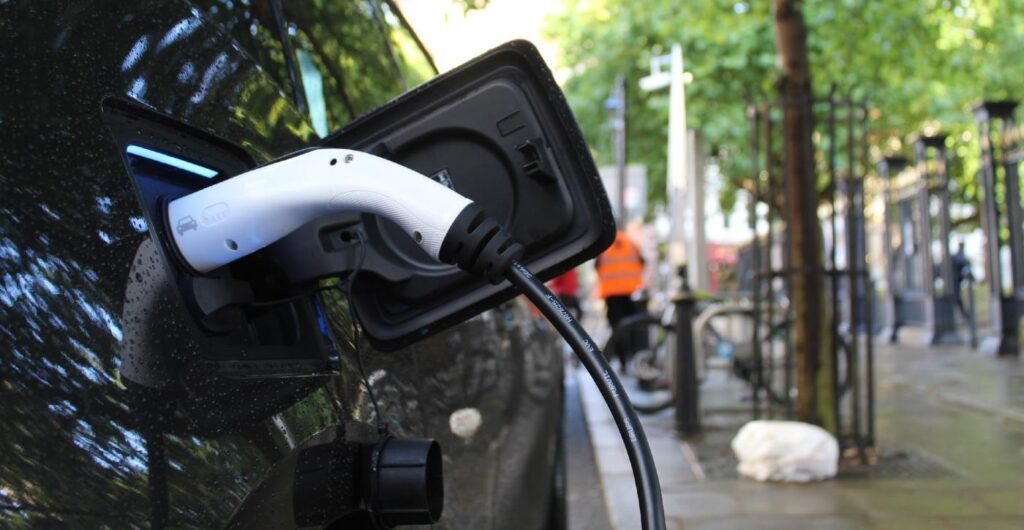Despite a few national governments continuing to keep their coal and oil projects afloat, market demand and private entrepreneurship is driving what can only be described as a revolution in renewable energy.

These latest achievements might have been thought unbelievable when global climate change was first being discussed as a serious threat, but today each successive development of renewable energy, nuclear fusion, and electric cars, makes subsequent developments cheaper and easier to scale.
Just six months into 2021, we have already seen some amazing progress in wind, solar, and EVs.
Tapping the African sunshine
A half million people living in the Northern DR Congo cities of Gemena, Isiro, and Bumba, are in for a surprise, as a trio of UK, French, and Spanish solar power companies look to close deals to supply the region with reliable renewable energy.
Citizens from the DRC suffer from the lowest rates of reliable electricity in the world, and the solar power plants are set to help this problem with 18 months of construction commencing.
In West Africa, the Senegalese cities of Kael and Kahone will find 60MW of solar power available to them in the coming months as a variety of institutions offer the government financing for sustainable energy. Senegal is a heavy net energy-importer, placing enormous financial burdens on people, and thus the imports have generally been cheap i.e. brown coal and oil.
Lastly in Nigeria, one of Africa’s largest economies, the Solar Power Naija program is looking to equip 500,000 homes with solar panels, generating electricity for 25 million Nigerians over the next few years.
The community of Jangefe has already tasted the start of the mammoth green electrification, with 1,000 homes already equipped with rooftop solar panels.
The windiest on record

2021 was the single best year on record if you are a firm who manufactures wind turbines, or an institution that finances them, with 93 new gigawatts added—equaling a 53% increase since 2020. The 2021 Global Wind Report is a jaw-dropper, and it’s enough to quote the executive summary.
“Through technology innovations and economies of scale, the global wind power market has nearly quadrupled in size over the past decade and established itself as one of the most cost-competitive and resilient power sources across the world.”
“Today, there is now 743 GW of wind power capacity worldwide, helping to avoid over 1.1 billion tons of CO2 globally—equivalent to the annual carbon emissions of South America.”
The aluminum chancellor

Data assembled back in March from Germany’s largest automotive industry review produced a startling statistic for anyone who’s ever looked at a full long-term airport parking lot—that 1 in 5 cars made in Germany can be plugged in.
The Schmidt Automotive Research Center found that 74,000 of the 373,900 cars that left German assembly lines were either electric or hybrid vehicles.
That was the story for the supply side, and on the demand side things are just as rosy. Germany is the fourth largest auto market in the world, and electric car registrations—that’s bought and driven EVs—grew from a 4% national market share in December 2019, to a whopping 26% market share just 12 months later. 24% of these EVs were made by Volkswagen.
Hybrids also jumped from 3% to 13%, meaning that there are more hybrids and EVs on German roads than gasoline-powered cars.
CHECK OUT: Researchers Boost Performance of Solar Cells By Using Human Hair From a Barbershop
This is just in the background of a global surge in EV purchasing that climbed 40% during 2020, when most markets were suffering from COVID-related issues.
The green new pension
As the holders of the largest state-controlled pension fund on Earth, the South Korean monetary authorities released a statement in May that the $771 billion National Pension Fund will cease all investments related to coal power both at home and abroad.
The fund also announced that they would revamp guidelines for investment strategies to ensure a more sustainable pattern emerges in the future.
Adios, coal: Spain hits 50% renewable milestone

Back in mid-May, the Spanish legislature announced it would be phasing out all oil, coal, and gas production by 2042, and that all carbon-emitting vehicle sales would be banned by 2040.
In the short term, the Spanish lawmakers want 74% of the national energy consumption to be entirely renewable by the end of the decade. They are quite close to that goal already, as the month of May saw 50% of the nation’s energy demand fulfilled by green energy.
Romania also joined the effort, alerting the EU that through its National Recovery and Resilience Plan the country would cease all coal production by 2032, at which time it hopes to have installed 34% renewable electricity to take over the baton.
RELATED: Solar-Rich California Hits 95% Renewable Energy On a Recent Day Across 80 Percent of the State
G7, the world’s seven largest developed economies, all agreed to stop coal financing by the end of the year, leaving the big African emitters, India, and China as the last remaining holdouts now that Japan, part of G7, has got on board.
Green oil
All is not business-as-usual in the boardrooms of some of the world’s largest petroleum producers.
In a landmark court decision, a judge in the Netherlands ordered Royal Dutch Shell to cut emissions by 45% after 17,000 people brought a lawsuit that suggested Shell’s rather large footprint on the greenhouse gas situation merits a significant investment in CO2-slashing as a debt to society.
MORE: Retired Wind Turbine Blades Get Turned into Bridges and Reinforced Concrete
Elsewhere in Europe, the Italian oil company Eni became the first European oil company to launch a corporate bond that is linked to sustainability.
The €1 billion 7-year bond is linked to two key performance indicators: “Increasing renewable installed capacity to 5GW by the end of 2025; and halving the net carbon footprint of its upstream business to 7.4 million tons of CO2-equivalent by the end of 2024 from 2018 levels,” reports Dow Jones.
Lastly, Engine No.1, a shareholder group of ExxonMobil, managed to get two of their candidates elected to the American company’s board on the argument that the company’s long-term business strategy didn’t take into account all of the value loss potential from climate change, both from shareholders jumping ship, and potential damages from extreme weather events.
BlackRock, the world’s largest asset manager with $8.6 trillion in private capital, and whose sustainable investment strategies GNN has reported extensively on, ensured the Engine No.1 candidates got the positions by utilizing their vote as large shareholders.
GREEN UP Pals’ News Feeds With This Good News…




















